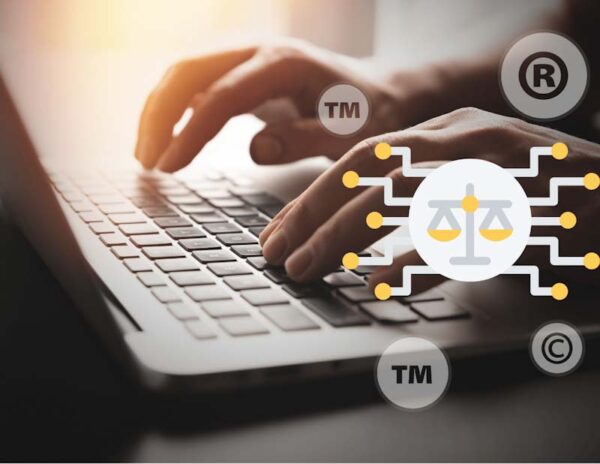Digital rights refer to the permissions and freedoms individuals have online. These rights encompass privacy, freedom of expression, and access to information. Protecting these rights is essential as the internet becomes more integrated into our daily lives. Digital rights ensure that users can safely navigate the web, access necessary information, and express their opinions without fear of censorship or surveillance.
Privacy
is the right to secure personal information and control who can access it. It includes safeguarding data from unauthorized access and ensuring individuals control their personal information.
Freedom of expression
is the ability to share opinions and ideas freely online. This right ensures that people can communicate without fear of censorship or retribution, promoting a free exchange of ideas.
Access to information
ensures that everyone has the opportunity to access digital content and services. It promotes the idea that information should be accessible to all, regardless of geographical location or socio-economic status.
For more detailed insights on digital rights, visit Electronic Frontier Foundation
Other Types of Digital Rights
1.Right to Internet Access: Advocate for all individuals to have access to the internet.
2.Right to Data Protection: Ensure individuals have control over their data.
3.Intellectual Property Rights: Protect the creations of individuals in the digital space.
4.Right to Digital Identity: Ensure secure and verifiable identities in the digital world.
5. Right to Anonymity: Allow individuals to browse the internet without revealing their identity.
6.Right to be Forgotten: Allow individuals to request the removal of their data from online sources.
7.Right to Cybersecurity: Ensure individuals have the right to secure and protected online environments.
What is Cyber Ethics?
Cyber ethics involves the moral principles guiding our behavior in the digital realm. It covers how we interact with others online, the kind of content we share, and how we use technology responsibly. Cyber ethics ensures that our digital actions do not harm others and that we contribute positively to the online community.
Core Principles of Cyber Ethics:
Respect: Treating others with kindness and understanding online.
Responsibility: Using technology in ethical ways that do not harm others.
Integrity: Being honest and maintaining solid moral principles in digital interactions.
How to Be a Responsible Internet User
Every internet user has a role in maintaining a healthy online ecosystem. This includes respecting digital rights and adhering to cyber ethics. Users must be aware of the impact of their online actions and strive to use the internet responsibly.
Protect Personal Information: Always safeguard your data and respect the privacy of others.
Think Before You Post: Consider the potential impact of your content on others.
Verify Information: Ensure that the information you share is accurate and from reliable sources to combat misinformation.
Be Respectful: Engage in positive and respectful interactions online.
For practical tips on being a responsible internet user, visit StaySafeOnline.
In conclusion, understanding digital rights and cyber ethics is essential in today’s interconnected world. As internet users, we are responsible for respecting these principles and contributing to a safe and ethical online environment. By doing so, we can ensure that the Internet remains a place of freedom, respect, and opportunity for everyone.




